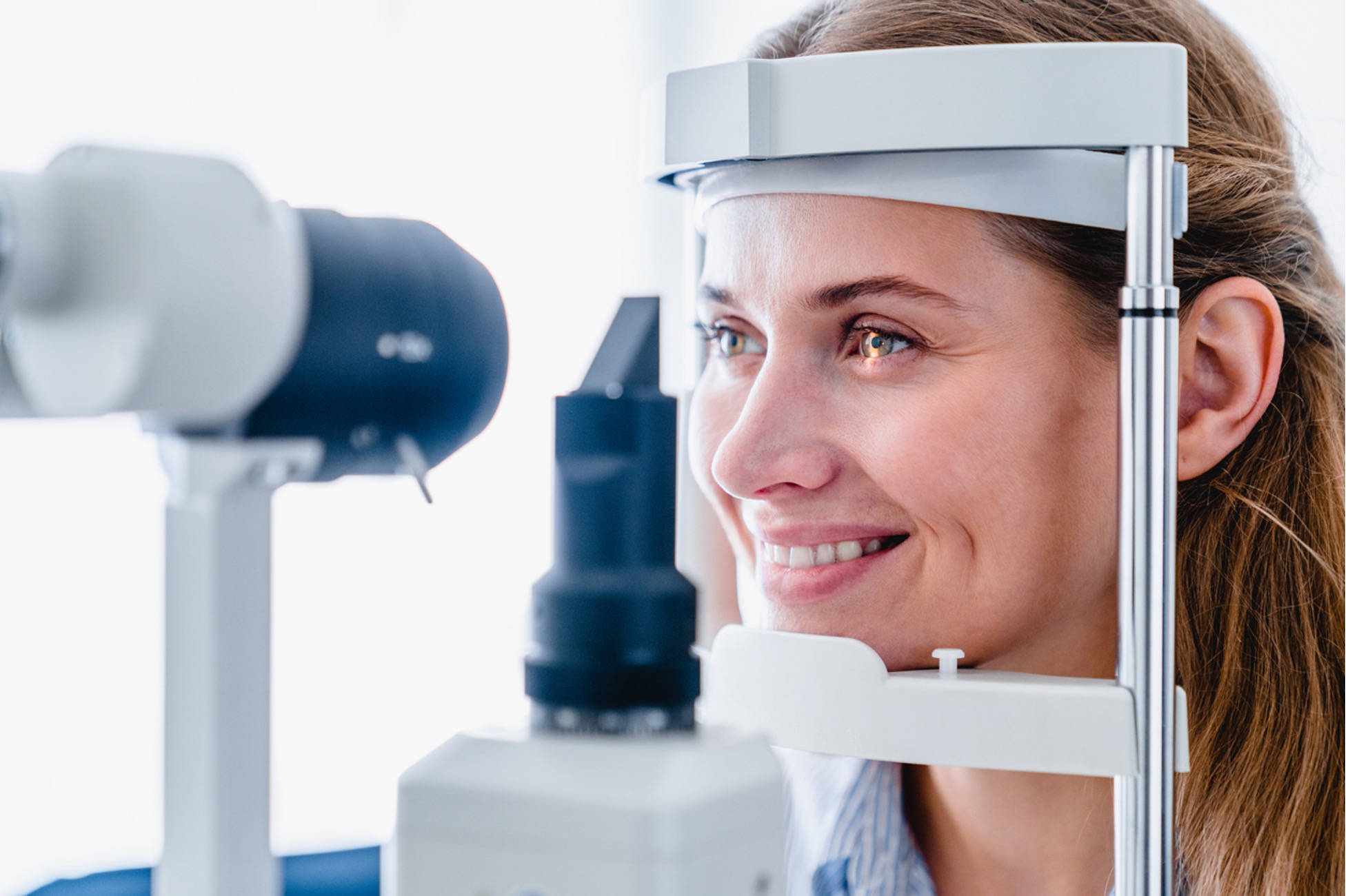Discover the Best Glaucoma Service Near Me: Specialist Eye Treatment Solutions
Discover the Best Glaucoma Service Near Me: Specialist Eye Treatment Solutions
Blog Article
Understanding the Various Eye Conditions Dealt With by Specialized Eye Treatment Professionals
In the realm of eye care, specialized experts play a critical function in diagnosing and treating a vast array of eye conditions. As we begin on this exploration of the different eye problems dealt with by specialized eye treatment experts, it becomes noticeable that the intricate internet of ocular health holds a myriad of fascinating insights waiting to be revealed.
Usual Refractive Errors
Refractive errors prevail aesthetic problems triggered by a flaw in the eye's ability to properly concentrate light, causing blurred vision. One of the most prevalent sorts of refractive errors include myopia (nearsightedness), hyperopia (farsightedness), astigmatism, and presbyopia. Myopia takes place when the eyeball is too lengthy or the cornea is also curved, triggering far-off objects to show up fuzzy. Hyperopia, on the various other hand, happens when the eyeball is too brief or the cornea is as well level, leading to nearby objects being out of emphasis. Astigmatism is characterized by an irregularly designed cornea, causing altered or obscured vision in all ranges. Presbyopia is an age-related problem where the lens loses its versatility, making it hard to focus on close items.
These refractive mistakes can be corrected via different techniques, consisting of glasses, contact lenses, or refractive surgical procedure. Eye care specialists play an important role in identifying and managing refractive mistakes to help individuals attain clearer vision and boost their lifestyle.
Age-Related Eye Problems
As individuals age, their eyes may be at risk to a range of problems beyond refractive mistakes that can influence their vision and overall eye health. Age-related eye conditions are usual and can considerably influence the quality of life for older grownups. Among the most common age-related eye problems is age-related macular degeneration (AMD), a disease that triggers main vision loss and can make activities like reading and driving difficult. refractive surgeries in al. Cataracts, one more usual condition among older people, trigger clouding of the eye's all-natural lens, leading to blurred vision. Glaucoma, identified by damages to the optic nerve, is also a lot more prevalent with age and can result in field of vision loss or loss of sight if left unattended. Furthermore, presbyopia, a problem where the eye's lens loses adaptability, is a natural part of aging and results in problem concentrating on close objects. Routine eye tests with specialized eye care professionals are vital for very early discovery and monitoring of these age-related eye problems to maintain vision and keep eye health and wellness as people get older.
Vision-Threatening Illness
Vision-threatening diseases encompass a series of significant eye conditions that have the potential to considerably impact a person's sight and general visual feature. These conditions position a risk of permanent vision loss otherwise quickly diagnosed and treated by specialized eye care specialists. Some common vision-threatening conditions include glaucoma, diabetic retinopathy, age-related macular deterioration (AMD), and retinal detachment.
Glaucoma is a group of eye problems that damage the optic nerve, often due to high intraocular pressure, leading to outer vision loss and prospective loss of sight if left without treatment. AMD is a modern problem impacting the macula, leading to main vision loss.
Early discovery, regular eye tests, and timely directory treatment are crucial in handling vision-threatening diseases to protect eyesight and maintain top quality of life. Specialized eye care experts play a crucial role in diagnosing, dealing with, and handling pop over here these conditions to prevent permanent vision loss.

Corneal Conditions
Corneal problems incorporate a spectrum of conditions that impact the transparent front component of the eye, recognized as the cornea. Therapy for corneal problems varies depending on the specific condition however might consist of drugs, call lenses, or in severe cases, corneal transplants. Routine eye examinations are necessary for very early discovery and monitoring of corneal disorders to preserve vision and eye health.
Neurological Eye Conditions
Neurological eye conditions involve disorders that impact the connection between the eyes and the brain, influencing visual processing and overall eye function. These problems can materialize in different means, affecting vision, eye movements, and also the control between the eyes. One typical neurological eye problem is optic neuritis, identified by swelling of the optic nerve causing vision loss, shade desaturation, and pain with eye motion.
An additional significant problem is nystagmus, where the eyes make recurring, unchecked motions, impacting visual acuity and deepness assumption. In addition, problems like amblyopia, often described as "careless eye," result from unusual visual growth in very early youth, leading to reduced vision in one eye.
Neurological eye problems need customized treatment from experts like neuro-ophthalmologists who have expertise in both neurology and ophthalmology. Diagnosis often entails an extensive eye examination, imaging researches, and partnership with neurologists to attend to the underlying neurological problems influencing the aesthetic system. Treatment techniques can include drug, vision therapy, or in extreme cases, medical interventions to take care of these complicated conditions properly.

Conclusion
In conclusion, specialized eye treatment specialists deal with a wide variety of eye problems, consisting of typical refractive errors, age-related eye conditions, vision-threatening conditions, corneal problems, and neurological eye conditions - refractive surgeries in al. By comprehending these various conditions and looking for ideal therapy from eye care professionals, people can preserve optimal eye wellness and vision. It is vital to focus on routine eye get more evaluations and follow advised treatment plans to maintain and secure one's vision for the future
Report this page